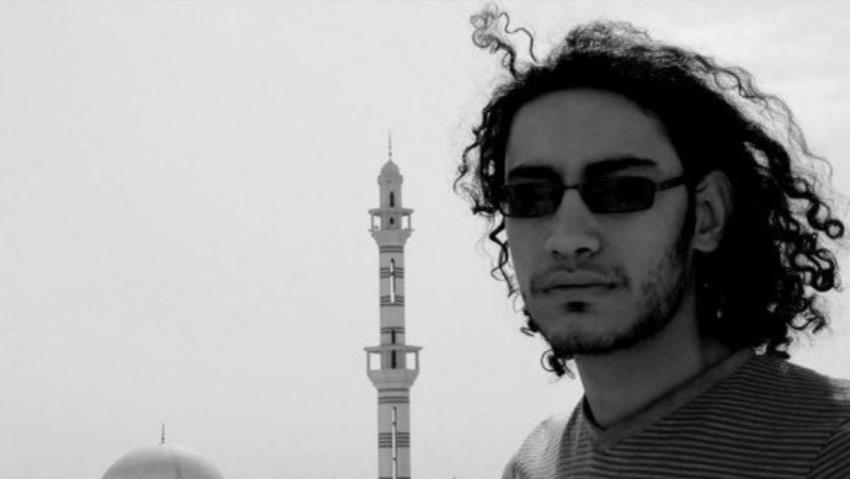Niraz Saied was a twenty seven year-old Palestinian whose poignant photography became internationally known for humanising life in a Damascus refugee camp. He won several awards. Niraz died in custody in August 2018, three years after being detained by Syrian security forces. His death was announced by partner, Lamis Alkhateeb: “there’s nothing harder than writing these words, but Niraz doesn’t die in silence.”
In a 2014 interview with The Electronic Intifada’ s Budour Youssef Hassan, Niraz said,
I’m a photographer, not a journalist… Many focus on transmitting graphic images of charred corpses, blood-soaked faces and intense shelling. I tried to capture the daily life reality in the camp, to accentuate the human face of the suffering and transform the smallest details into a work of art.
He became good friends with Youssef Hassan, and later told him, “We live in a parallel world where time hardly matters and those outside are aliens to us. You cannot take anything for granted. The very fact that you are still alive strikes you as a surprise, not necessarily a happy one.”
“We remained here because we love this place. We are not heroes and should not be expected to act like superhumans. We are tired of those lauding our defiance and scoring political points with our blood, while doing nothing to put an end to our suffering.”
Niraz is best-known for his cinematography in the 2014 documentary Letters From Yarmouk, directed by Palestinian filmmaker Rashid Mashharawi. It is, perhaps, the most gut-wrenching aspect of Niraz’ death that his most well-known work was dedicated to a friend who died in another of the regime’s prisons. “For months after Hassan’s death, I couldn’t film anything,” said Saied. “I only took still images — his death broke me. But I realized that if Hassan were alive he would have urged me to continue this film. His contagious smile and our shared memories accompanied me in every step in preparing for this film.”
It is impossible to know what Niraz would have wanted his last words to be. However, for those who feel helpless in the face of his death, one might do well to remember another comment made to Youssef Hassan: “Giving up would be a betrayal to those who lost their lives defending the camp, defending our right to live in dignity,”
Unconfirmed reports indicate that Niraz was executed at the end of 2016 – exact date unknown.

